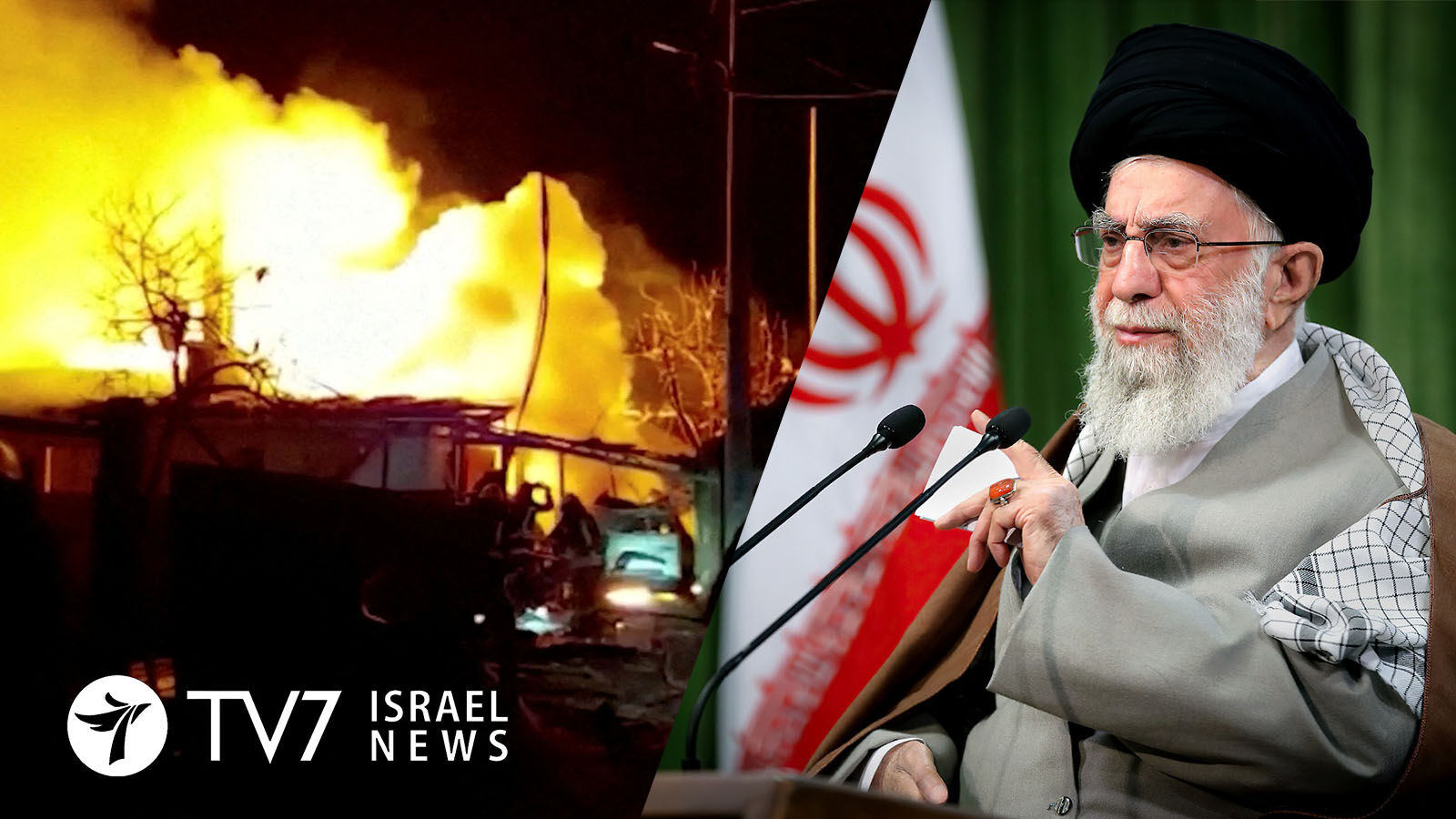While Tehran has been a foe of Washington’s for decades, it has deepened trade ties and been allies with Moscow in the Syrian Civil War.
By Erin Viner
“The mafia-like regime” in the United States “creates crises, lives off of crises and feeds on various crises in the world. Ukraine is another victim of this policy,” alleged Iran’s Supreme Leader Ayatollah Ali Khamenei in a televised speech.
“In my view, Ukraine is a victim of the crises concocted by the United States,” he said. “There are two lessons to be learned here. States which depend on the support of the US and Western powers need to know they cannot trust such countries.”
Russia, which invaded Ukraine on 24 February, is one of the Islamic Republic’s major strategic partners.
Russian Ambassador to Iraq Elbrus Kutrashev told Iraqi Al-Sharqiyah Television late last month that Moscow is Tehran’s “ally” both in regard to Syria as well as “the Iranian nuclear project, which we are very familiar with and participate in developing.”
Khamenei’s blistering criticism of Washington comes as his nation conducts ongoing indirect talks with the United States mediated by world powers in Vienna aimed at reviving the 2015 Joint Comprehensive Plan of Action (JCPOA) that was abandoned by former President Donald Trump three years later.
Russia’s chief negotiator at the Vienna Talks said world powers the US, Germany, France and Britain are still interacting with the Kremlin despite its assault on Ukraine, to which the West is strongly opposed.
“They want us. They need us very much. Russia played a very significant role in the course of negotiations and pragmatically they don’t want to spoil relations on each of the issues of interest to them,” said Ambassador Mikhail Ulyanov.
When asked if agreement to restart the JCPOA is imminent, he commented that “surprises are always possible” in “multilateral diplomacy,” adding that “We are one minute from the finish-line.”
Diplomats on all sides say the negotiations between Iran and world powers have reached a critical stage. Beyond some reported progress, there are still major outstanding sticking points, however.
Iranian Foreign Ministry Spokesperson Saeed Khatibzadeh said earlier this week that “US and European powers have not taken political decisions” on key issues he said include the extent to which sanctions against the Islamic Republic would be rolled back by the United States, guarantees that Washington will not withdraw from the pact again, and resolution over international probes into uranium traces detected at several old but undeclared sites in Iran.
The Ayatollah regime has long demanded that the International Atomic Energy Agency (IAEA) drop its investigation into the presence of uranium at the clandestine locations. “We have answered the agency’s questions. But instead of closing the politically-motivated case, they are using it to gain leverage in the talks,” said an Iranian official in Tehran cited by Reuters.
Britain’s lead negotiator at the talks, Stephanie Al-Qaq, defended the IAEA. Insisting that Britain, France and Germany oppose any interference in work by the United Nations nuclear watchdog organization, she stressed in a statement on Twitter, “We will always reject any attempt to compromise IAEA independence.”
Two sources close to the negotiations reported that Tehran has also submitted additional demands, particularly that its elite Islamic Revolutionary Guards Corps (IRGC) be removed from the US Foreign Terrorist Organization (FTO) blacklist.
Failure to reach agreement after 10 months of indirect talks carries the risk of prompting the imposition of additional harsh sanctions on Iran by the West, as well as a regional war.
Israel has consistently called on world powers to maintain a credible military option while pursuing an agreement with Iran – which has repeatedly threatened to annihilate the Jewish State.
Israeli Prime Minister Naftali Bennett has repeatedly stated that his nation will not be bound by a future nuclear deal with Iran, and that Jerusalem retains the right to act “without constraint” to prevent its arch-foe from developing nuclear weapons.
“It is important for me to say here clearly and unequivocally: Israel is not a party to the agreements. Israel is not bound to what will be written in the agreements if they are signed. Israel will maintain unlimited and unrestricted freedom of action, everywhere and at all times,” underscored the Prime Minister.
Tehran has warned of a “crushing” response if attacked.
